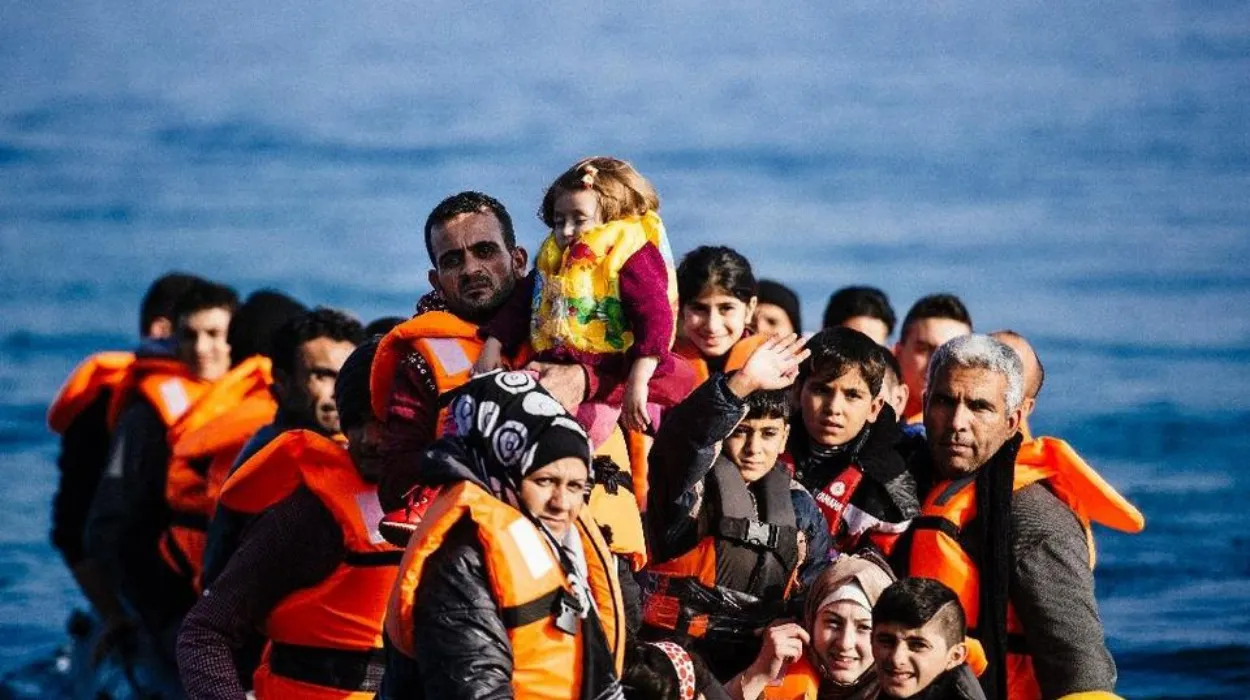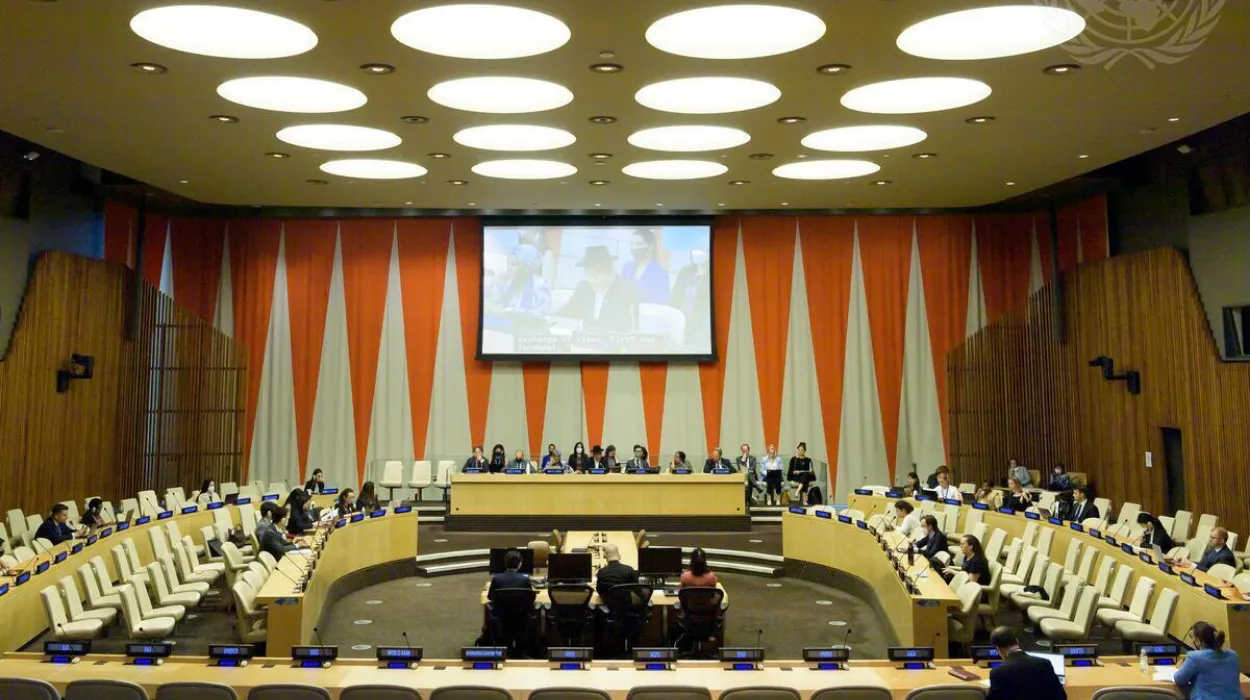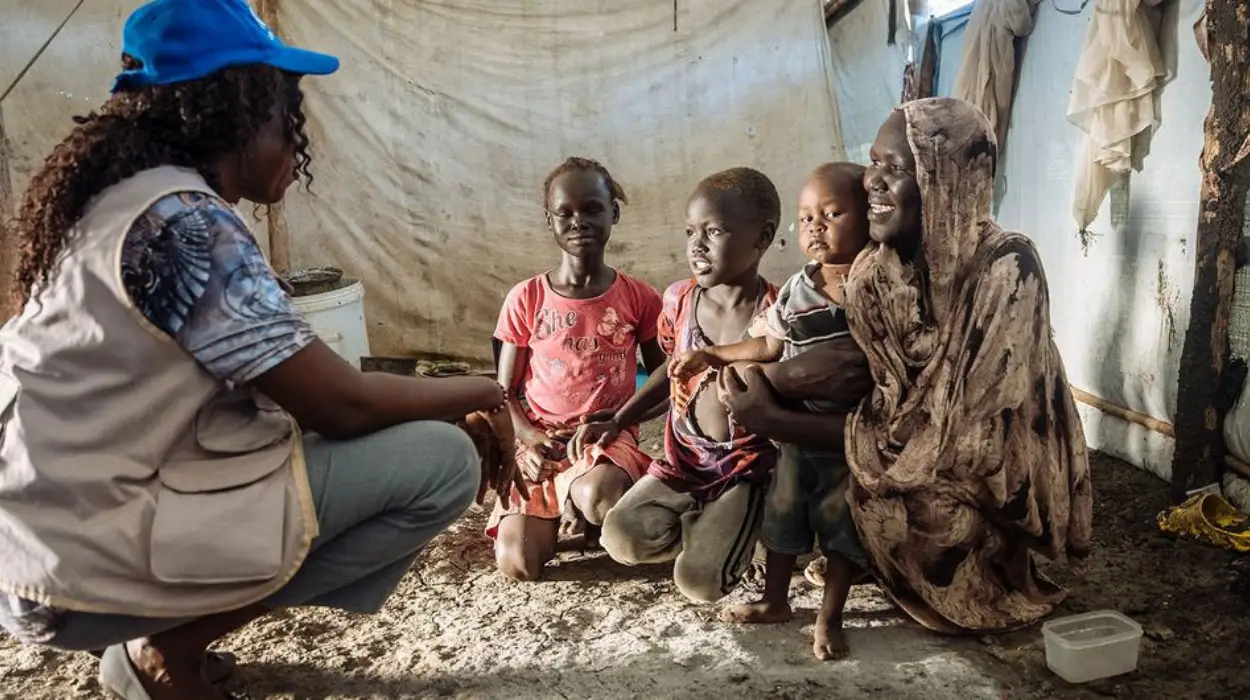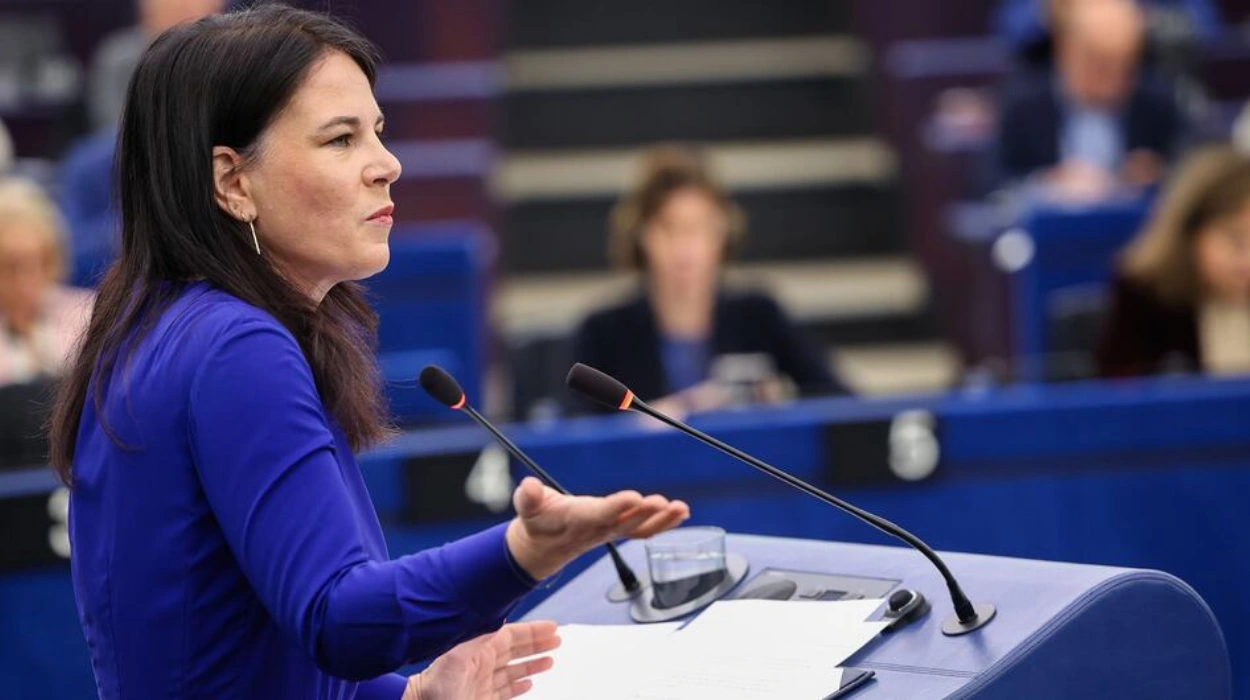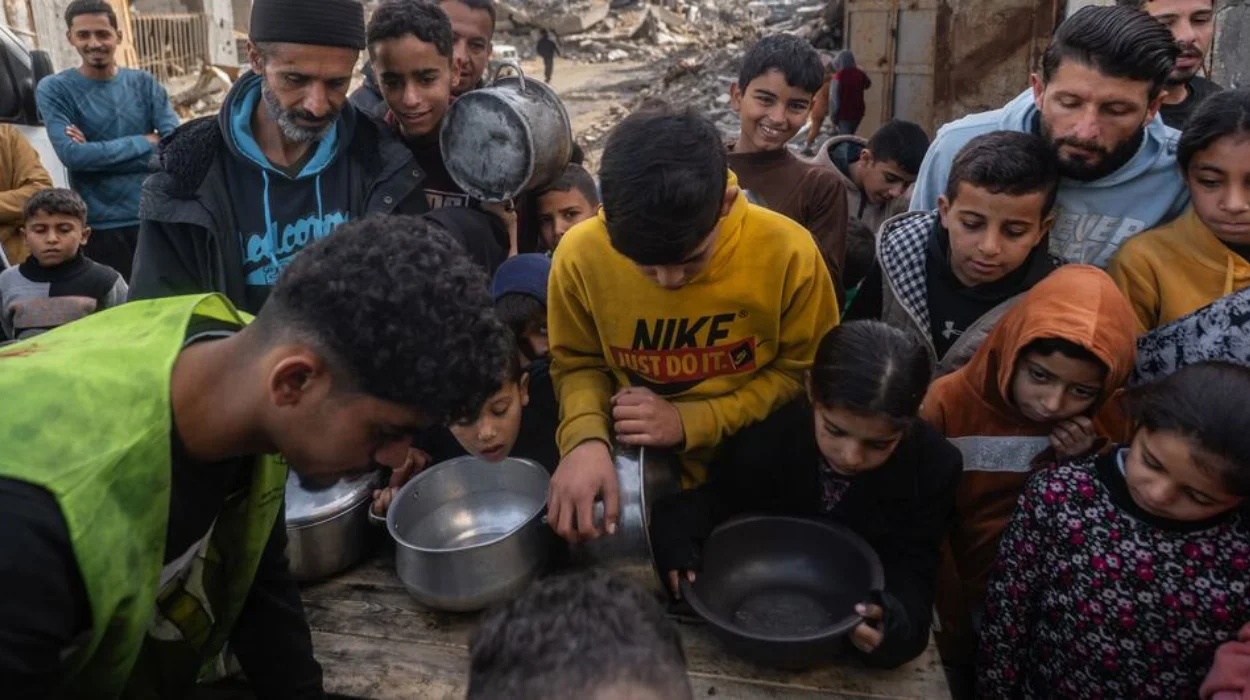The United Nations is poised at a transition point in 2025 when the United Nations celebrates its 80th anniversary. An ambitious plan to true-up the UN to the realities of a changing world, led by the Secretary-General Antono Guterres in March 2025, is the UN80 Initiative. It is trying to respond to the changing character of warfare, climatic pressure, financial disparity, and technological crisis by reinforcing the multilateral system supporting international collaboration.
The fact that adoption of the UN80 Initiative became possible through a consensus in the General Assembly is a great collective support. The commitment of all the 193 Member States about reforms that are inclusive, transparent, and results-oriented were confirmed. This recommendation comes at a moment when the world has trusted less to international governance with the result that there is a wide agreement that the international governance needs to be reformed not as an option but as a way of remaining relevant and credible.
Embracing The Principles Of Inclusivity And Transparency
Inclusivity is a priority of the initiative because it involves making sure that each of the Member States, regardless of the size or its capabilities, participates in the process of shaping reform. Transparency is just as essential as it will restore trust through being more available, knowledgeable and involving more people in decision-making. Historical reforms have failed to succeed because they were seen as being resistant or backroom deals. This is being changed by the present structure that has attempted to incorporate accountability and visibility at every step of the reform process.
Strategic plans of key UN agencies and coordinating bodies are encouraged to be in agreement with the UN80 framework leading to an interference-free system wide approach. This convergence helps to streamline throughout the pillars of the UN on peace, development, and human rights, lowering the isolation, and strengthening institutional synergy.
Core Focus Areas Of The UN80 Initiative
Enhancing Operational Efficiency
Among the main goals of the initiative lies the optimization of the work of the UN. The efficiencies will be realized in the form of minimization of administrative overlaps, optimisation of human resources, and potential transfer of some of the administrative activities to low-cost jurisdictions. As the number of global crises increases and resources become more stingy, the capacity to do more with less is financially essential and strategically a priority.
Efficiency can also be translated into speed which is a must-have quality in a reaction to any type of emergencies humanitarian or armed conflict or even pandemic. With the simplification of internal coordination, the project imagines a leaner and swifter UN well positioned to act and provide impact that is measurable.
Assessing Mandate Implementation
The move will bring new levels of scrutiny in the way the UN fulfills mandates being issued to it by the Member States. These directives guide every effort of the UN including peacekeeping and climate initiatives, humanitarian assistance, and human rights observation. Measuring performance of implementation is an important step in declaring redundancies, cutting down on any program that is outdated and focusing resources where they ought to go.
Accountability is also strengthened by a keen interest in evaluation. It makes sure that what the UN reports is not only the activities undertaken, but their real-life effects creating the culture of constant learning and increasing the performance.
Exploring Strategic Structural Reforms
A more politically sensitive aspect of the initiative is in the context of structural reform. It requires a reconsideration of the institutional architecture which the UN pursues its goals. Among the ideas that are being discussed are the establishment of more cohesive regional clusters and capitalizing on digital platforms in order to enhance service delivery as well as strengthening collaboration between UN field offices and the headquarters.
Such adjustments are meant to help the organization become more dynamic and adaptable towards responding to transnational challenges such as climate displacement, infodemic and cyber conflicts. Silos hindering collaboration can be overcome, and by doing so, the UN is more able to aggregate knowledge, plan responses, and to scale-up solutions.
Navigating Challenges And Divergent Views
Diverse Member States Perspectives And Timing Concerns
Though the resolution supporting the UN80 Initiative represents a wide backing, a number of countries have acted cautious on its application. The representatives of the European Union, Australia and Denmark, by way of example, have emphasized the need to be measured in the approach and consultative. These countries reiterate that reforms need not be too hasty in closing up but need to be developed step by step on the frameworks already in hand like the Pact of the Future.
It is also worrying about the safeguarding of the important UN mandates, especially the peacekeeping, the conflict mediation, and sustainable development. These perspectives help demonstrate why urgency clashes with moderation and characterizes a large part of multilateral reform discourse.
Budgetary Pressures And Geopolitical Divides
An estimated 30 percent UN budget cut expected in the next couple of years, partly out of diminishing UN revenues to about $70 billion to 50 billion has provided some urgency into reform, but also creates intense pressure. Efficiency is exacerbated by budgetary limitations but there is a danger that geopolitical fault lines could be widened as the Member States reach agreements on priorities.
When there is a sharp divergence in national interests, agreement becomes even more difficult especially among permanent members of the Security Council. The insistence by the Secretary-General on reforms that are evidence-based and inclusive is thus necessary to maneuver through such fissures and develop sustainable wastes.
The Role Of Leadership And Multilateralism’s Future
The vision of UN80 has been shaped by Secretary-General Guterres. His leadership presents the importance of a more responsive and relevant UN, which is able to address 21st -century challenges. They have also established Task Forces that would spearhead themes towards reforms in major areas like peace and security, development, humanitarian response, and institutional research.
The bodies will consult, monitor progress and make workable recommendations. Through joint framework and common standards, the reform process aims at ensuring that the process sufficiently retains momentum and ownership by Member States.
Strengthening Multilateralism Amid Global Crises
The global context in 2025 is defined by intensifying climate change, growing inequality, displacement crises, and the fragmentation of international order. The UN80 Initiative aims to fortify the foundations of multilateralism by addressing its systemic vulnerabilities. Reforms that enhance transparency and participation can rebuild legitimacy and foster a sense of shared responsibility.
In particular, stronger multilateral mechanisms are needed to coordinate responses to emerging threats like AI-driven conflict, vaccine inequity, and misinformation. The UN80 Initiative offers a framework to make the UN an adaptive platform for such collaboration.
This person has spoken on the topic: Secretary-General António Guterres emphasized the UN80 Initiative’s vision to make the United Nations “fit for purpose in a fast-changing world,” highlighting the necessity for reforms that are both inclusive and transparent to restore confidence in multilateral cooperation.
The mission of the @UN is more urgent than ever.#UN80 is an opportunity to strengthen the UN & deliver for those who depend on us.
We must always stick to our principles & never compromise our core values.
We will build the strongest, most effective UN for today & tomorrow. pic.twitter.com/U8hrzjuSAB
— António Guterres (@antonioguterres) May 13, 2025The UN80 Initiative represents more than a bureaucratic reshuffling—it is a recalibration of multilateralism for a turbulent era. Its success depends not just on policy design but on political will. Whether the international community can uphold the principles of inclusion, transparency, and shared responsibility will determine whether the UN can serve as a credible engine for global cooperation in the decades ahead. The future of multilateralism lies in this pivotal moment of introspection, action, and collective resolve.


